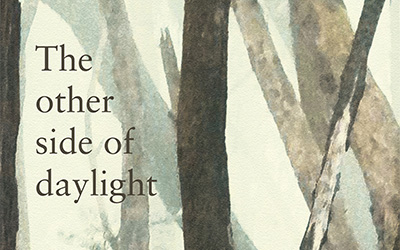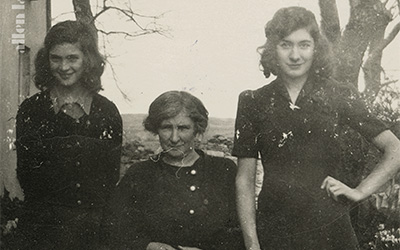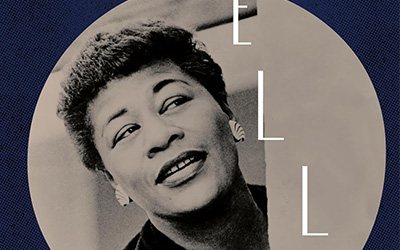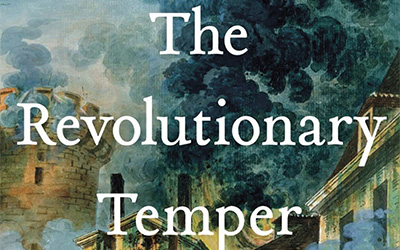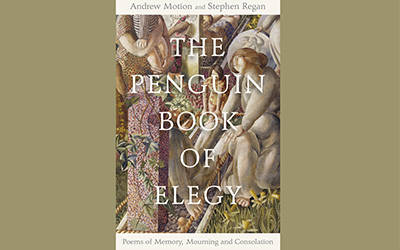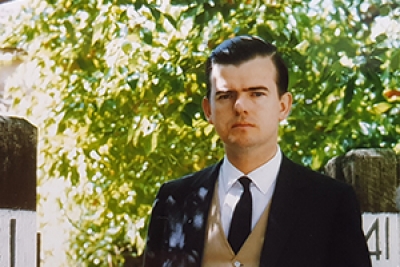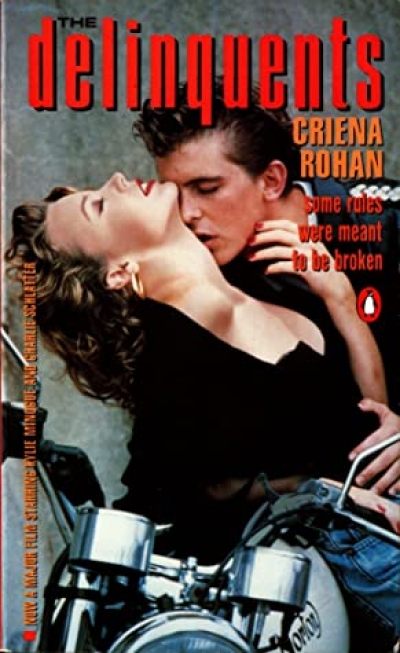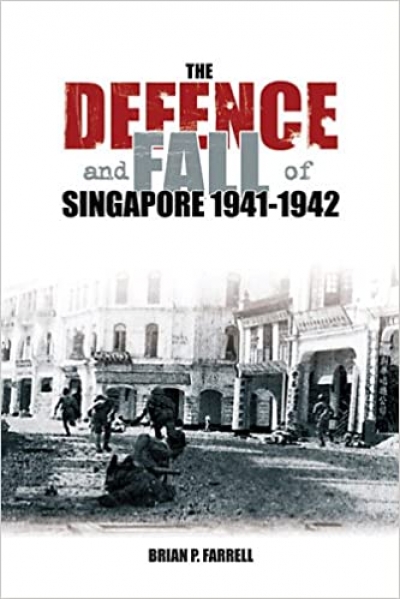Fiction
Like Fire-Hearted Suns by Melanie Joosten
by Amy Walters
Melanie Joosten’s third novel follows three women who are brought into contact during the fight for British women’s suffrage. Beatrice Taylor, captivated by the movement, becomes a full-blown militant. Her college roommate Catherine Dawson stays out of the direct struggle, preferring to advance women’s rights through a trail-blazing career in scientific research. Ida Bennett, a widow, supports herself and her children as a warden in Holloway Prison. Although sympathetic to the cause of women’s emancipation, when the suffragettes are jailed she is responsible for disciplining them.






